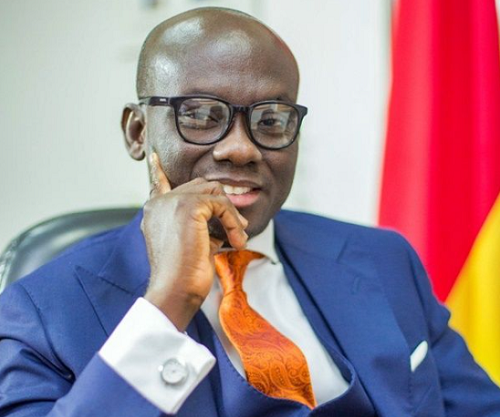
In the ongoing battle against corruption, Attorney General and Minister of Justice, Mr. Godfred Yeboah Dame, has unveiled a series of legislative measures. Aimed at fortifying existing anti-corruption efforts, these eight legislations have been introduced to combat the pervasive issue across various sectors.
Speaking on behalf of President Nana Addo Dankwa Akufo-Addo at the 14th Regional Conference of Heads of Anti-Corruption Agencies in Accra, Ghana, Mr. Dame highlighted key legislations such as the Revenue Administration (Amendment) Act, 2020 (Act 1029), Fiscal Responsibility Act, 2018 (Act 982), State Interests and Governance Authority Act, 2019 (Act 990), and more.
These laws, along with recent anti-corruption measures, underscore Ghana’s commitment to fostering a robust system to deter and eradicate corruption. Mr. Dame emphasized the detrimental impact of corrupt practices, particularly in financial contracts, prompting legislative amendments like the Contracts (Amendment) Act, 2023 (Act 1114) to prohibit compound interest payments by the State.
Furthermore, Ghana has prioritized digitalization as a strategic tool to enhance transparency and efficiency in the public sector. Initiatives such as the National Identification System, Digital Property Address System, and E-Justice Systems are designed to promote accountability and combat corruption. The digitization of key institutions like the Passport Office and Ports and Harbours has significantly reduced opportunities for corrupt activities.
With the introduction of platforms like Ghana.Gov, which enables online access to services and payments, the risk of public sector corruption has been notably diminished. Ghana’s concerted efforts towards legislative reform and digital innovation reflect its unwavering commitment to stamping out corruption and promoting good governance.








